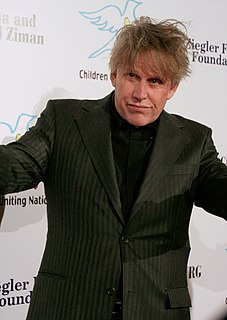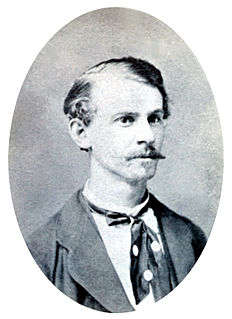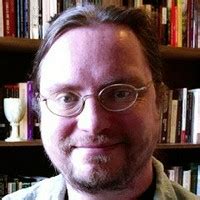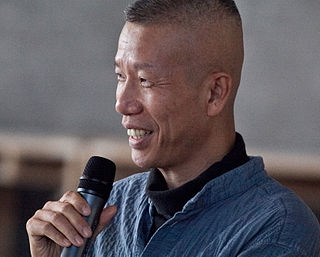A Quote by Victor Davis Hanson
Western societies from ancient Athens to imperial Rome to the French republic rarely collapsed because of a shortage of resources or because foreign enemies proved too numerous or formidable in arms - even when those enemies were grim Macedonians or Germans. Rather, in times of peace and prosperity there arose an unreal view of the world beyond their borders, one that was the product of insularity brought about by success, and an intellectual arrogance that for some can be the unfortunate byproduct of an enlightened society.
Quote Topics
About
Ancient
Arms
Arrogance
Athens
Because
Beyond
Borders
Brought
Collapsed
Enemies
Enlightened
Enlightened Society
Even
Foreign
Formidable
French
Germans
Grim
Imperial
Insularity
Intellectual
Intellectual Arrogance
Numerous
Peace
Product
Prosperity
Proved
Rarely
Rather
Republic
Resources
Rome
Shortage
Societies
Society
Some
Success
Those
Times
Too
Unfortunate
Unreal
View
Were
Western
World
Related Quotes
I do not have regrets. I believe I helped preserve the peace for this country. Why should I regret that? What I accomplished was approved by Congress -- which represents our people. All of you live in safety from domestic enemies because of security from the police. Likewise, you live in safety from foreign enemies because our military keeps them from attacking us.
The critical thing about Western democracy is the fact that you usually have a transition of power without bloodshed. That is an enormous advantage. But still, democracy as we know it was only invented recently in the West, historical speaking. It did not really work in ancient Rome. It functioned for less than 200 years in ancient Athens.
Throughout our history, there has been a long list of those we've been conditioned to hate. The British, French, Spanish, Germans, Japanese, Russians, Communists, Northern Koreans, Vietnamese, Iranians, Taliban, and both northerners and southerners in America are some of the people we've been encouraged at various times to call enemies and to hate. The list is long, and as time passes, those we were assigned to hate we later were told should be removed from our hate list. The enemy is obviously hatred itself. Have empathy for your assigned enemy.
Homer, Hesiod, Pythagoras, Plato, and Cicero, just to name a few, all lived in pagan societies. Some of the greatest political and military leaders of all time, such as Alexander the Great, Pericles of Athens, Hannibal of Carthage, and Julius Caesar of Rome, were all pagans, or else living in a pagan society.
[The ruling elites] know who their enemies are, and their enemies are the people, the people at home and the people abroad. Their enemies are anybody who wants more social justice, anybody who wants to use the surplus value of society for social needs rather than for individual class greed, that's their enemy.
In one question you are expressing a world of opinion. Because it is you who thinks that America has been mistakenly starting these conflicts. I happen to agree with you, and I will repeat what your question suggested...we have mistakenly gotten into one fracas after another. Why we do that [United States has insisted on keeping up a string of enemies, and the wars associated with creating those enemies], I think it's because we're afraid to look in the mirror and understand who we are.
The cases involving the question of whether U.S. courts should be open to claims of international human rights violations brought by foreign persons against foreign government officials. And the State Department on the one side has got a very consistent and powerful view that U.S. courts should be open to those claims because there needs to be a place in the world where they can be brought. And those human rights norms ought to be real and enforceable, and we ought to be a beacon to the world.
In our time ... a man whose enemies are faceless bureaucrats almost never wins. It is our equivalent to the anger of the gods in ancient times. But those gods you must understand were far more imaginative than our tiny bureaucrats. They spoke from mountaintops not from tiny airless offices. They rode clouds. They were possessed of passion. They had voices and names. Six thousand years of civilization have brought us to this.







































